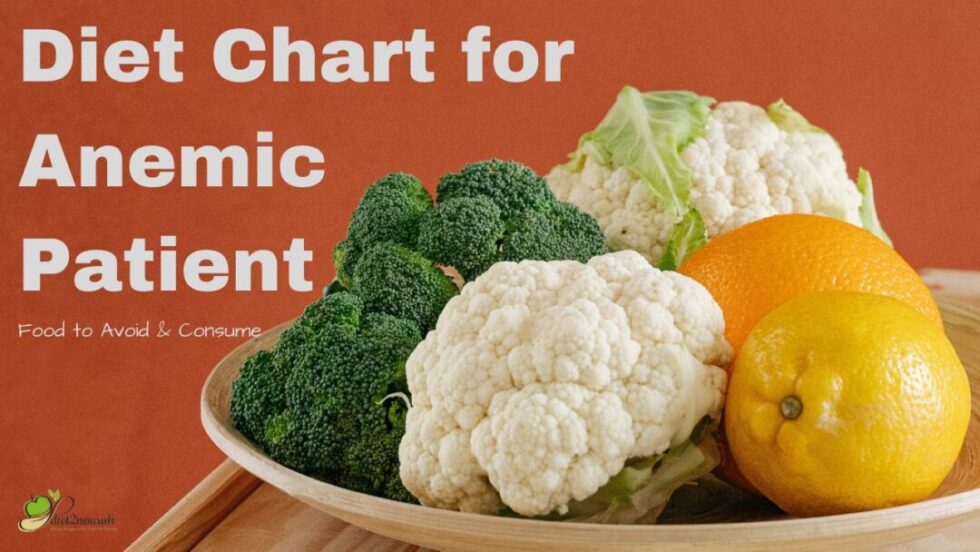Anemia is a condition in which the body does not have enough red blood cells or hemoglobin, which can result in fatigue, weakness, and shortness of breath. Proper nutrition is important for individuals with anemia to help support the production of red blood cells and improve energy levels. When planning a diet for anemic patient it is important to focus on foods that are rich in iron, vitamin B12, and folate.
Iron is essential for the production of hemoglobin, which is responsible for carrying oxygen throughout the body. Good sources of iron include red meat, poultry, fish, beans, lentils, tofu, and fortified cereals. It is important to note that the body absorbs iron from animal sources more easily than from plant sources. To increase the absorption of iron from plant sources, it is recommended to consume them with a source of vitamin C, such as citrus fruits, bell peppers, or tomatoes.
Vitamin B12 is necessary for the production of red blood cells and is found primarily in animal products such as meat, fish, and dairy. Vegans and vegetarians may need to supplement with vitamin B12 or consume fortified foods to meet their needs. It is important to note that some individuals with anemia may have difficulty absorbing vitamin B12 from food, in which case supplementation or injections may be necessary.
Folate, also known as vitamin B9, is important for the production of red blood cells and is found in leafy green vegetables, legumes, and fortified grains. Like iron, the absorption of folate from plant sources can be enhanced by consuming them with a source of vitamin C.
In addition to these key nutrients, anemic patients should also focus on maintaining a well-balanced diet that includes a variety of fruits, vegetables, whole grains, and lean proteins. This can help ensure that the body is receiving all the necessary nutrients to support overall health and wellbeing.
It is important for anemic patients to avoid certain foods that can interfere with the absorption of iron, such as coffee, tea, and calcium-rich foods. These should be consumed at least 2 hours before or after consuming iron-rich foods. Additionally, alcohol consumption should be limited as it can interfere with the absorption of vitamin B12 and folate.
In some cases, anemic patients may need to supplement with iron, vitamin B12, or folate to meet their nutrient needs. It is important to work with a healthcare professional to determine the appropriate dosage and form of supplementation.
For individuals with severe anemia or those who are unable to consume enough iron-rich foods, iron supplementation may be necessary. Iron supplements can cause constipation and other digestive issues, so it is important to follow dosage instructions and discuss any side effects with a healthcare professional.
For individuals with pernicious anemia or other conditions that prevent the absorption of vitamin B12 from food, supplementation or injections may be necessary. It is important to work with a healthcare professional to determine the appropriate dosage and form of supplementation.
For individuals with folate deficiency anemia, supplementation may be necessary. It is important to work with a healthcare professional to determine the appropriate dosage and form of supplementation.
In summary, a diet rich in iron, vitamin B12, and folate is important for individuals with anemia. This can be achieved through a well-balanced diet that includes a variety of fruits, vegetables, whole grains, and lean proteins. In some cases, supplementation may be necessary to meet nutrient needs. It is important to work with a healthcare professional to determine the appropriate dosage and form of supplementation and to avoid foods that can interfere with nutrient absorption. With proper nutrition and medical care, anemic patients can improve their energy levels and overall health.
